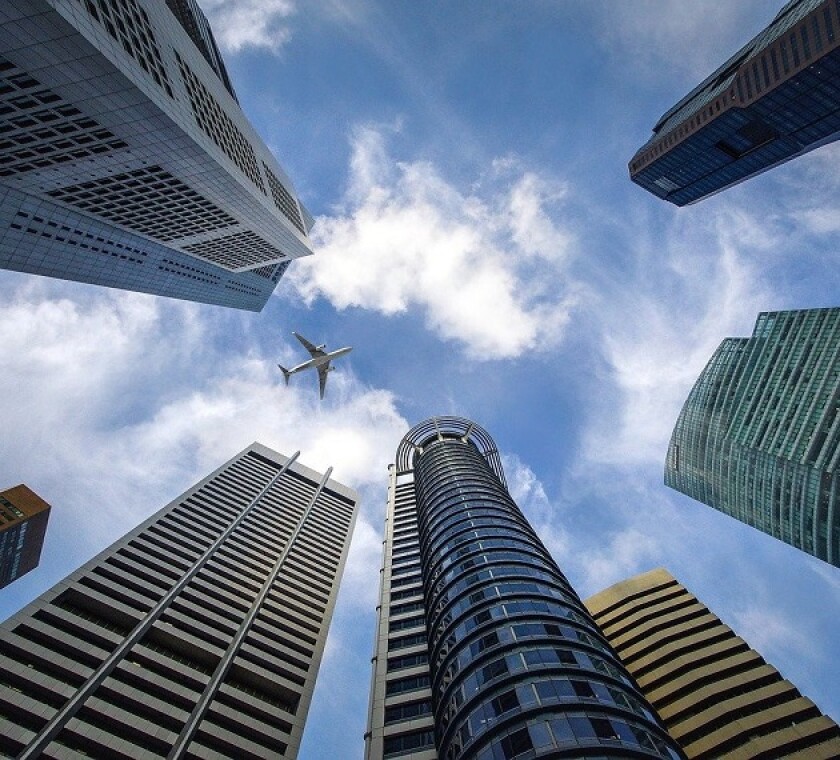The Singapore Budget 2022 was unveiled by the Minister for Finance, Lawrence Wong, on February 18 2022. As the COVID-19 pandemic enters its third year and global economies are slowly opening up, this year’s Budget seeks to position Singapore for the opportunities and challenges in the post-pandemic world.
While the Budget addresses the immediate concerns of households, businesses and workers due to the lingering effects of the COVID-19 pandemic by providing targeted financial support packages, several of the proposed changes are forward-looking to make Singapore’s tax system more resilient to meet the growing expenditure needs of the country and to tackle climate change.
Some of the highlights of the Budget 2022 proposals are summarised below.
Minimum effective tax rate regime
There is no change to the corporate income tax rate, which is 17%. However, in response to the Global Anti-Base Erosion (GloBe) rules under Pillar 2 of the OECD/G20 Base Erosion and Profit Shifting 2.0 project, Singapore is exploring a minimum effective tax rate (METR) that will top-up a multinational enterprise (MNE) group’s effective tax rate in Singapore to 15%.
If introduced, MNE groups operating in Singapore that have annual revenues of at least €750 million (approximately $830 million), as reflected in the consolidated financial statements of the ultimate parent entity, will be within the scope of the proposed METR regime. There will be an industry consultation on the design of the METR and the METR regime is expected to be aligned with the Pillar 2 GloBe rules as far as possible.
Personal income tax
At present, resident individual taxpayers are taxed on a progressive scale of rates with a top marginal personal income tax (PIT) rate of 22% for chargeable income in excess of S$320,000 (approximately $236,000).
From the year of assessment (YA) 2024, the PIT rate will increase to 23% for chargeable income in excess of S$500,000 and up to S$1 million. For chargeable income in excess of S$1 million, the PIT rate will be 24%, which will be the new top marginal PIT rate.
In view of the proposed changes to the PIT rate structure for tax-resident individual taxpayers, the income tax rate for non-resident individuals that is pegged to the top marginal PIT rate will also be raised from 22% to 24%, with effect from YA 2024. This applies to all income, such as director’s fees and remuneration, rental income and professional fees, except for employment income and certain income taxable at reduced withholding rates.
Goods and services tax
In Budget 2018, it was announced that the current goods and services tax (GST) rate of 7% will increase to 9%, sometime between 2022 and 2025. The proposed increase is now slated to happen but in two phases.
With effect from January 1 2023, the GST rate will increase from 7% to 8%. From January 1 2024, the GST rate will increase from 8% to 9%.
Wealth tax
Prior to the Budget announcement, there was much speculation about whether the government will introduce a new regime to tax the wealth of individuals.
Instead of introducing a new wealth tax, the following adjustments have been proposed to the existing property and vehicle tax regimes to make the overall tax system more progressive:
1. The progressive property tax rates for non-owner-occupied residential properties, including investment properties, will be increased from the current range of 10% to 20%, to a range of 12% to 36%.
2. The progressive property tax rates for owner-occupied residential properties, for the portion of annual values in excess of S$30,000 will be increased from the current range of 4% to 16%, to a range of 6% to 32%. This adjustment is targeted at higher-end residential properties.
3. A new tier of additional registration fees (ARF) of 220% for the portion of open market value (OMV) of vehicles in excess of S$80,000 will be introduced. The ARF is a tax imposed when a vehicle is registered in Singapore and is computed based on a percentage of the OMV. This change is primarily targeted at luxury cars.
For items 1 and 2 above, the rate changes will be phased in over two years, with the first rate change taking effect on January 1 2023 and the second change on January 1 2024.
For item 3, the change will be effective for vehicles registered with certificates of entitlement (COEs) obtained from the COE bidding exercise on February 23 2022. To register a car in Singapore, a car owner will first need to bid for a COE which gives the owner the right to own and use a vehicle in Singapore. For vehicles that do not need to bid for COEs, the change is effective from February 19 2022.
These changes strive to achieve a balance between ensuring the more well-off contribute a larger share to the tax revenue and to maintain Singapore’s premier status as a wealth management hub. However, the Finance Minister said that the government will continue to study the experiences of other countries in the imposition of wealth taxes and explore options to tax wealth effectively.
Carbon tax
Carbon tax was first introduced in Singapore in 2019 at S$5 per tonne of greenhouse gas emissions. The carbon tax will be increased to S$25 per tonne in 2024 and 2025, and S$45 per tonne in 2026 and 2027. Beyond 2027, the Singapore government is looking to increase the carbon tax further to reach S$50 to S$80 per tonne by 2030.
From 2024, the government will allow businesses to use high-quality, international carbon credits to offset up to 5% of their taxable emissions, in lieu of paying carbon tax.
The planned increase in carbon tax affirms Singapore’s ambition to achieve net zero emissions by or around 2050. The revenue from the carbon tax collection will be used to cushion the impact on households and businesses, and support investments in new low-carbon and more energy-efficient solutions that will help to reduce emissions.
Sivakumar Saravan
Senior partner, Crowe Singapore
Liew Kin Meng
Director, Crowe Singapore













